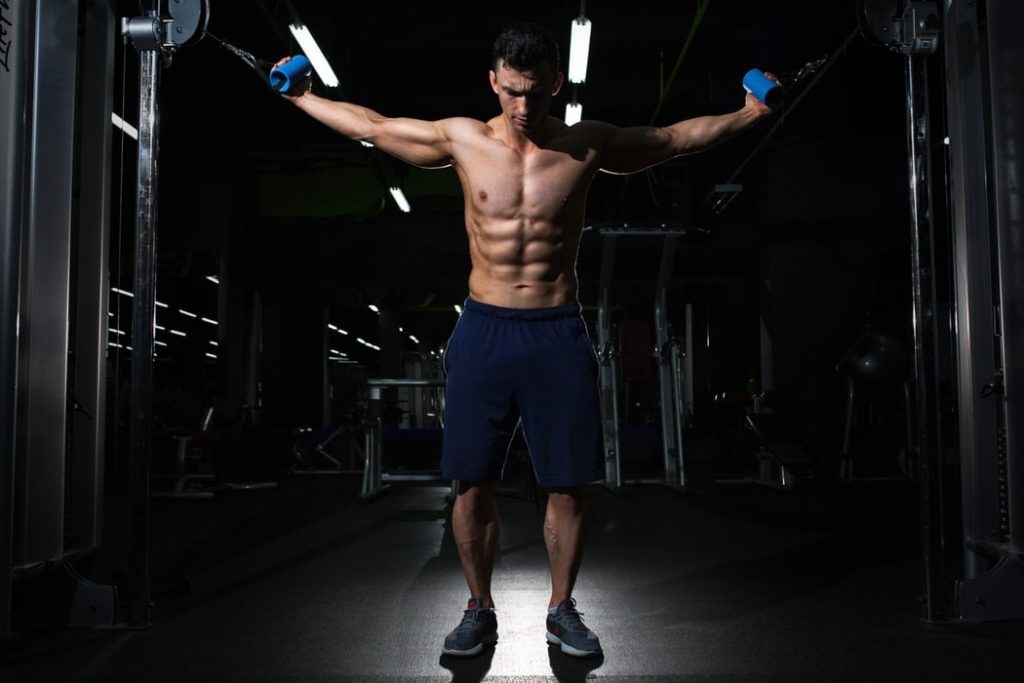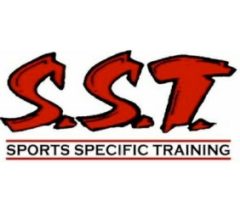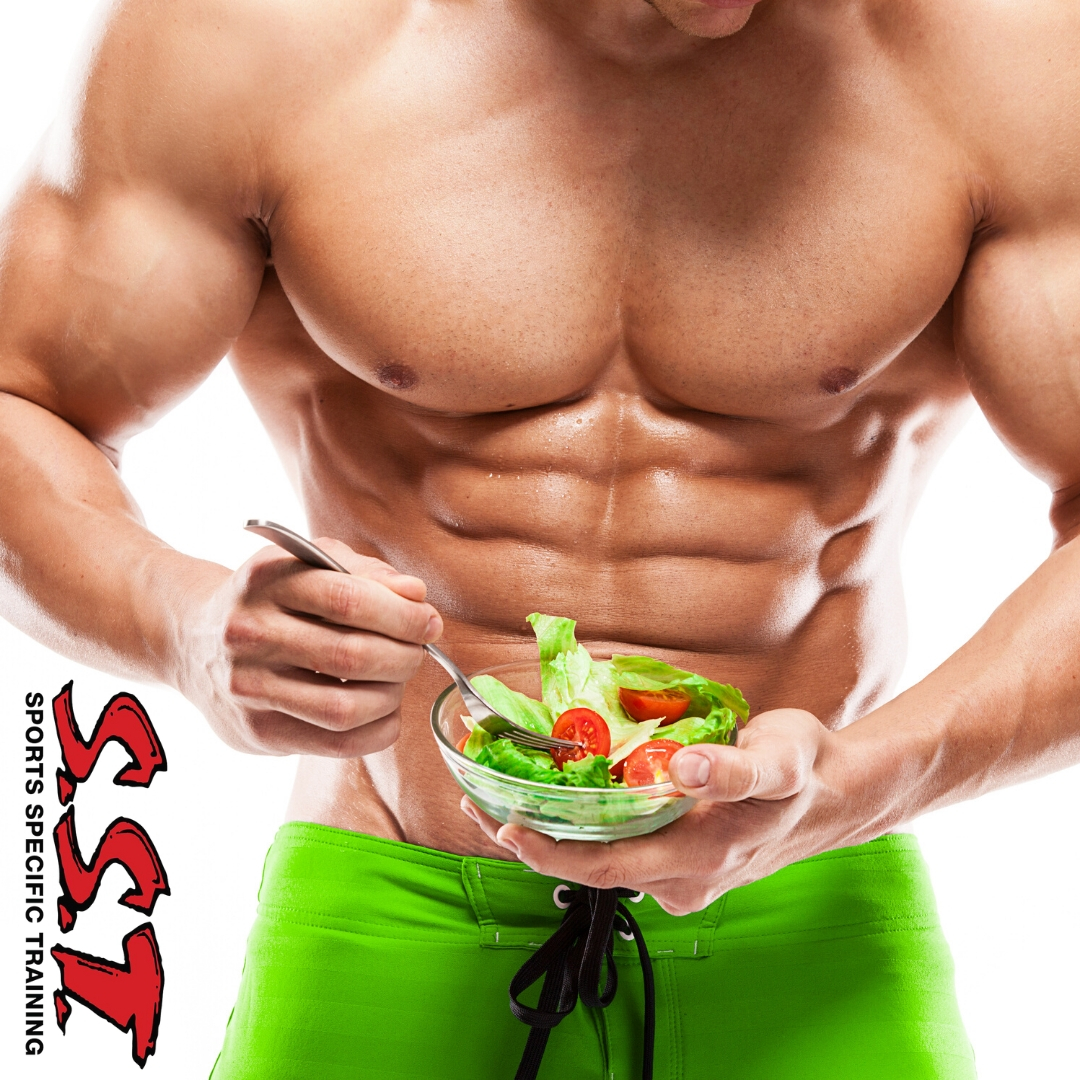
Here at SST a lot of athletes come into our facility wanting to put on size and gain strength and ask for our advice to help get them there. While what we do in the gym is a HUGE part of helping them achieve this goal, what we preach to our athletes is that what they do with the 23 other hours they aren’t in our facility are just as if not more important if they want to gain size and strength.
The most common misconception with ‘bulking’ or the pursuit gaining muscle mass is that you can just go on the see-food diet (eat any food in sight) and you will put on mass. While this is true if you are in a caloric surplus (eating more calories than you are burning), it doesn’t mean you are going to the athletic size we want you to gain. You should have a professional help you to calculate your caloric needs to identify #1 if you are eating enough for your activity level and if so if we need to add more calories to your current regime to help you gain some healthy muscle mass. This is ESSENTIAL if speed and/or power is important for an athlete’s sport as if we are looking to put on size, we need to be cognisant of how this may affect their speed. We want to gain size and strength the right way to promote speed development, keeping our body fat levels in a good range for us to perform for our sport.
For this to happen you need to be eating adequate protein. A good rule of thumb is that you should be eating AT LEAST 1 gram of protein per pound of body mass and it is best to space this protein out throughout the day to keep us on the positive side of protein synthesis/degradation. While individual needs will vary for sport and training period this is a good rule of thumb to follow. Another way to think of this is to try and eat 40 grams of protein per meal, or the equivalent amount of two decks of cards of a high-quality protein source, as protein is the key macronutrient for muscle building. If we are wanting to put on size and to make sure we are eating enough, another simple trick we can use is to try and eat 3 meals before 3pm, and 5 meals before 9pm. If you follow these simple rules of thumb it should go a long way in helping you put on some healthy mass.
We also focus on our athletes avoiding highly processed foods and protein sources. The more nutrition we can get from unprocessed, home-prepared meals the better. Focusing on eating lots of vegetables (hitting all colours of the rainbow), adequate carbohydrates for specific goals and activity level, healthy unsaturated fat sources such as fatty-fish, olive oil, avocados, almonds, etc. and protein sources that used to run, swim, or fly is a great place to start. We need to know where our next meal is coming from, and if we are prepared and have meals ready-to-go then we are less likely to hit the drive-thru window. While supplements have their place in athlete nutrition, forming this foundation is key for preparing our athletes for the demands of their sport and our training programs and to create life-long healthy relationship with food.
Also don’t forget to sleep! Hitting at least 8 hours of sleep per night is essential for muscle recovery and regeneration. It is important to make sure this is un-broken sleep as well as this is when our best muscle-building takes place. Making sure our sleep hygiene is in check can go a long way to help us get those 8 hours, such as avoiding screen time before bed and getting to bed at the same time every night to name a few. Also making sure we are adequately hydrated can help with sleep, but also everything else. Most of our athletes who come in aren’t drinking enough water and this affects not only their performance in sport, but everything else as well.
While this article only starts to scratch the surface on what things we should be doing when we are wanting to put pack on some healthy mass, it should go a long way into helping lay a strong foundation!
Email Bskinner@sscanada.com to schedule a complimentary demo session!

